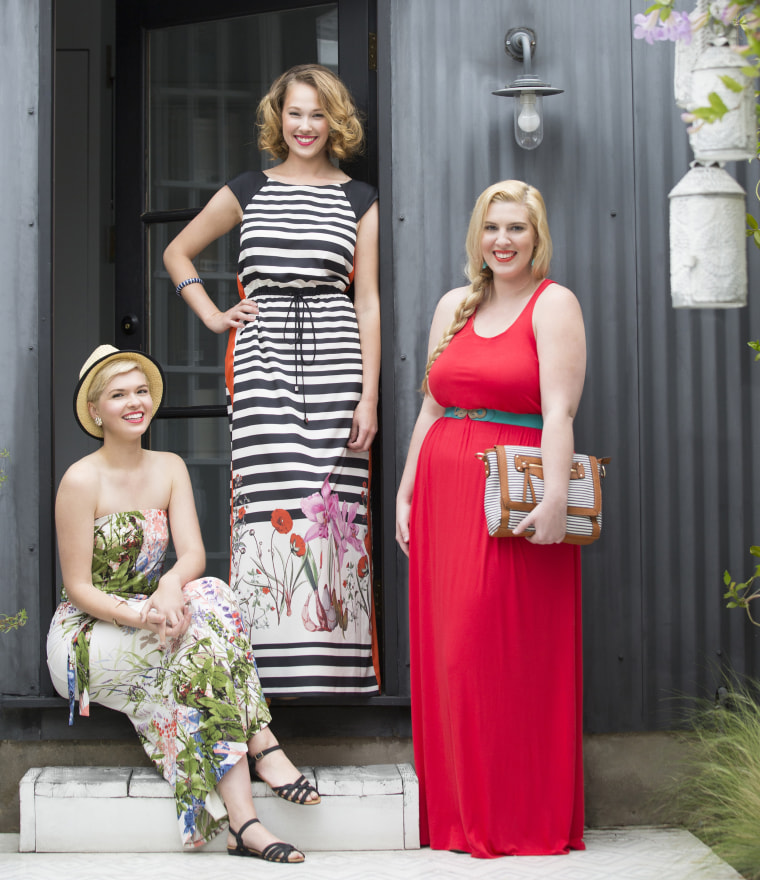The head honchos at e-retailer ModCloth are continuing their quest to encourage other fashion houses to follow their lead by using “real women” in their marketing campaigns — and the results of a recent survey conducted by the company reveal they have their work cut out for them.
Last month, ModCloth was the first company to sign onto the “Truth in Advertising Heroes Pledge,” an outgrowth of the Truth in Advertising bill, which was introduced to Congress back in March. Advertisers who sign the pledge agree that they won’t Photoshop their models, and if they do, an ad will include an annotation.

Now ModCloth has released their “Truth in Fashion” report, based on a survey of 1,500 women, which reveals some startling statistics.
- A mere 13 percent of women agree that "real women" are accurately portrayed in the fashion industry.
- Nearly half of women (47 percent) feel excluded by the fashion industry. Among plus-size women, that statistic rises to nearly two-thirds (65 percent).
- 62 percent think that the fashion industry is harmful to women’s body image.
ModCloth co-founder Susan Gregg Koger says the results are “not surprising, but disappointing.”
“This is why we’re taking a stand now,” Koger told TODAY.com. “This is not a one-off campaign. This is actually something women will put their dollars behind.”
As part of the Truth in Fashion movement, ModCloth also announced a call for models. They held an open casting call in New York City on Wednesday, right before the kickoff of New York Fashion Week, and Koger estimates between 200 and 300 people came in to take their photo to be considered for a spotlight on the site.
They’re also accepting submissions via social media. ModCloth fans are encouraged to take selfies and use the hashtag #FashionTruth. The hashtag already has more than 1,700 entries on Instagram. All photos with the tag will be entered into the pool of models, and each month for a whole year a different model will be spotlighted.
“It’s a way to put it out there to our community and ask ‘What is your fashion truth?’ We’re looking for people who embody the ModCloth brand and have a great sense of personal style,” Koger said. Modcloth already uses real women, not professional models, to showcase the clothing sold on the site by various independent designers. “When we talk about ‘real women,’ it’s women as they are.”
Since signing the pledge in mid-August, Koger says the response has been incredible. “Customers have been saying ‘Thank you so much for doing this.’”
According to Seth Matlins, a former ad man who was instrumental in the Truth in Advertising act, 10 more companies have made the pledge, but it has yet to attract big players, like Gap, which recently came under fire for poor body image representation.
But Koger and co. are prepared to keep pushing the industry to do better. "There’s a diversity in fashion, there’s a diversity in the customer base. There should actually be diversity in the ads as well.”